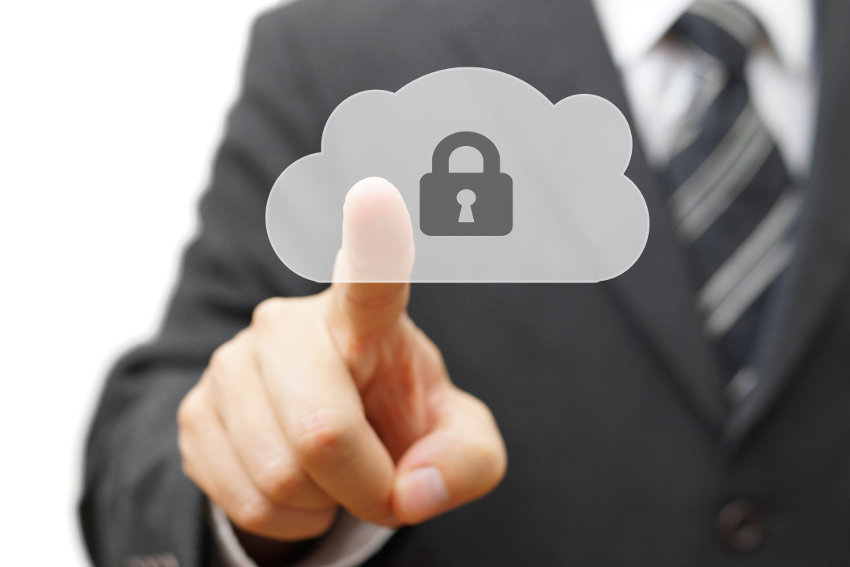For new entrepreneurs venturing into the business world, it is essential to acknowledge that the risks of handling sensitive information increase as your company expands. The threat of cyberattacks makes it imperative for businesses to take precautionary measures to protect their data.
![]()
Strategies for Ensuring Your Business’s Data Security
Safeguarding your business’s proprietary information should be your top priority as you begin your entrepreneurial journey. The following strategies will help you protect your company’s data from cyber threats. These measures will help you minimize the risk of data breaches, safeguard your reputation, and maintain financial stability for your business.
1. Ensuring Your Team Is Well-Prepared: Best Practices for Cybersecurity
82% of data breaches are at least partially the result of human error. While secure tools and platforms can help reduce the likelihood of these errors occurring, those need to be used with better employee education around data safety.
Train employees to be proactive by educating them on best practices around managing their information, sharing devices, creating passwords, and being careful about the sites they visit. Also, ensure they know what to look for regarding security threats and social engineering tactics.
2. Protecting Your Business’ Sensitive Information with Strong Password Security
While educating your employees on password security is important, it’s not the only step toward properly protecting these keys to sensitive data.
Invest in a password manager whose security benefits have been vetted by a third party. Employers shall prohibit employees from storing passwords in unsecured locations or using easy-to-remember passwords. In addition, make sure employees are logged out of company software after leaving or after a period of inactivity.
3. Keeping Your Data Safe with Encryption
Encryption makes it significantly more difficult for poor actors to access sensitive information. Even if they can access the files that contain the data, it will be difficult or impossible for them to read it. Encrypt your network in-office and encrypt connections coming in from remote locations through a Virtual Private Network (VPN).
You should also ensure that any files shared outside the network remain encrypted. Invest in a secure file sharing solution that will encrypt any files shared and stored through it. If you use a secure password manager, your passwords should already be encrypted.

4. Staying Ahead of Cyber Threats: Importance of Software Updates
Updating software is an easy and effective way to make your business reliable and secure. It’s arguably the most important method for preventing data breaches.
This applies to the software and services used for business and any devices or platforms employees may use to conduct business. Make regular updates a part of your best practices, and see that everyone understands their importance.
5. Controlling Access to Confidential Information: Strategies for Employee Access
In most organizations, employees only need access to part of the data set. Provide access to information based on who requires it. Have systems to grant temporary employees access when needed, revoking that clearance afterward. Keeping a tight lid on who can access data reduces the number of potential weak spots in your defenses.
6. Safeguarding Your Data with Regular Backups
While it may be true that hackers are not always notably interested in the data they target, ransomware attacks are becoming increasingly prevalent due to their potential financial gains for cybercriminals. Such attacks can significantly damage a business, including financial loss and reputation damage. Therefore, businesses of all sizes must take preventative measures to safeguard their data and avoid these attacks from occurring. You can kick the legs out from under this approach by continuously backing up your data, even if hackers get past your defenses.

In today’s increasingly connected world, where cyber threats constantly evolve, prioritizing cybersecurity and regularly reviewing and updating your security measures are crucial for ensuring your business’s long-term success.
By keeping up-to-date on the latest threats and taking proactive measures, such as employee training and regular software updates, you can minimize the possibility of cyberattacks and guarantee your business remains protected from cyberattacks and data breaches. Remember, the cost of a breach extends beyond just financial losses, including legal fees, lost efficiency, and damage to your reputation. Your company’s future lies in securing its data and taking steps to safeguard it.






